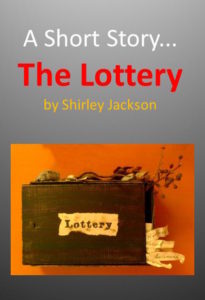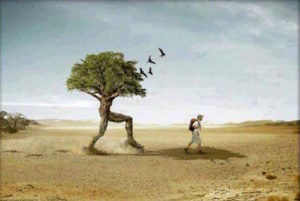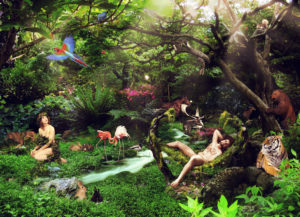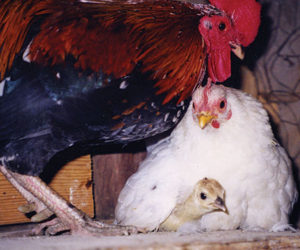
Is traditional conservation science a pathological disorder driven by an obsessive, distorted belief that the environment can be, indeed must be, restored to some idyllic, imaginary state of being at any cost including, and perhaps preferring, killing anything that gets in the way?
Sound over the top?
The question occurred to me while reading Marc Bekoff’s May 17th article in Psychology Today titled, “Killing Animals Is ‘Weirdly Addictive’ Says New Zealander: New Zealand’s brutal war on wildlife relies on kids and adults to meet its goals
The Merriam-Webster dictionary defines pathology as something abnormal, or the deviation from the normal, so as to give rise to social ills. Using this definition, is it not fair to ask if traditional conservation is pathological? Does traditional conservation give rise to social ills? Continue reading “Is traditional conservation science a pathological disorder? by Ed Boks”






